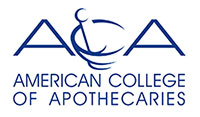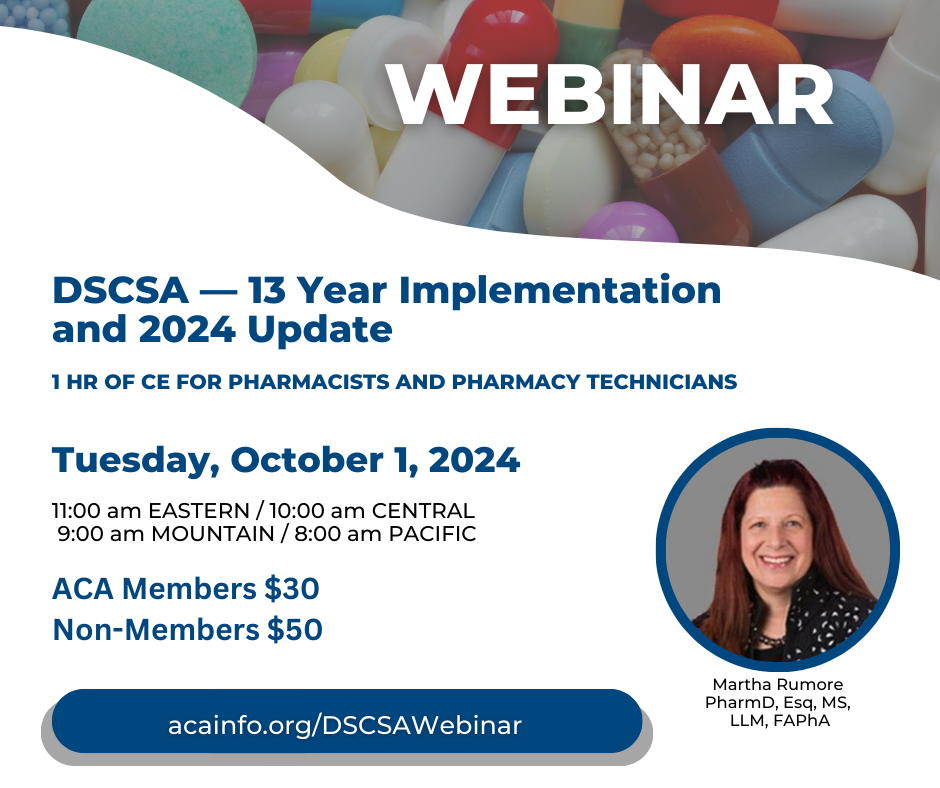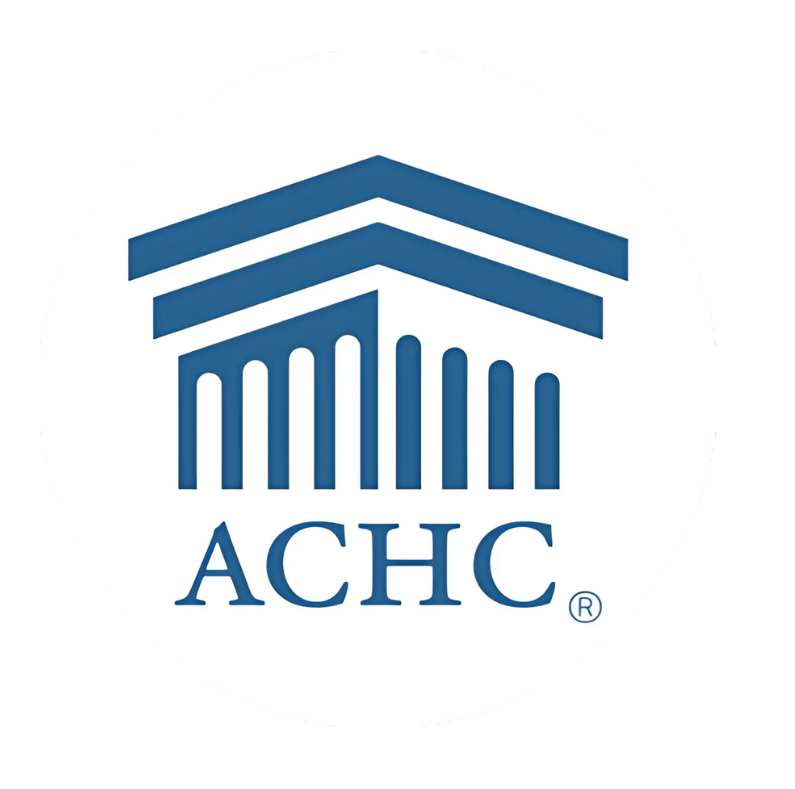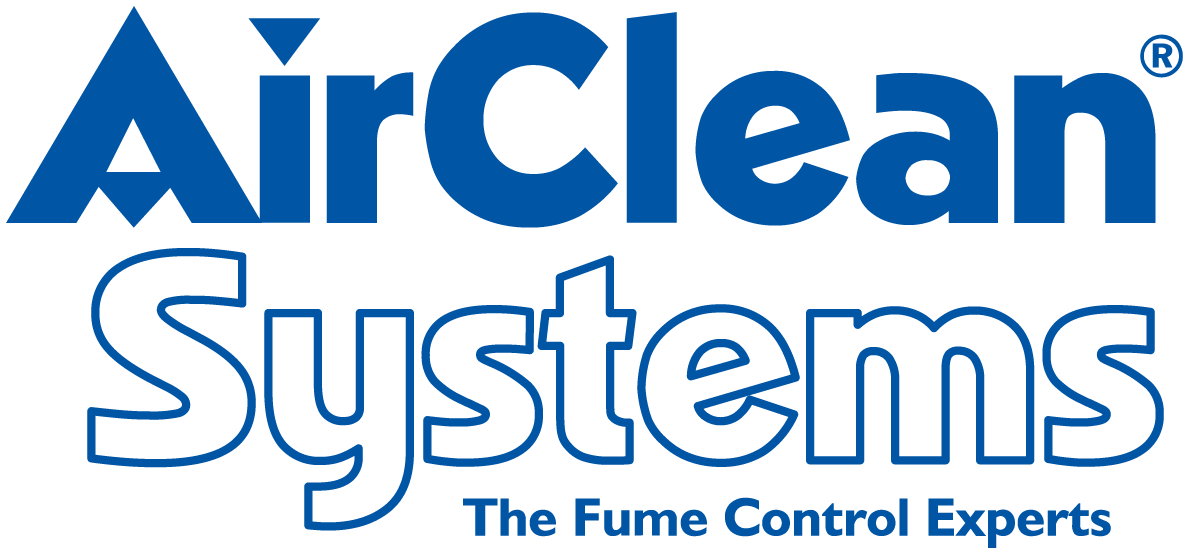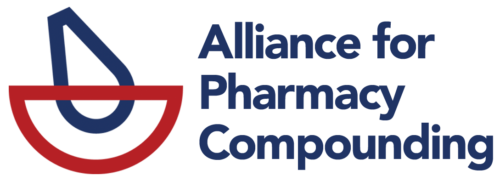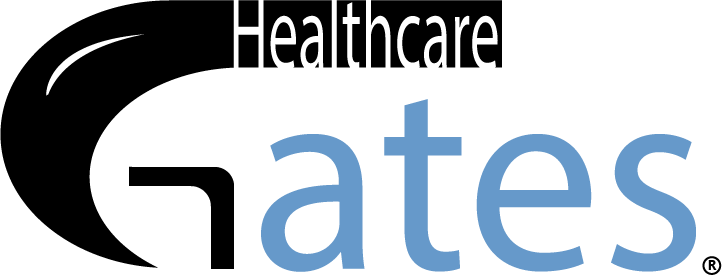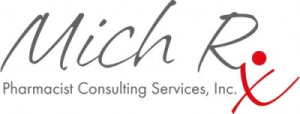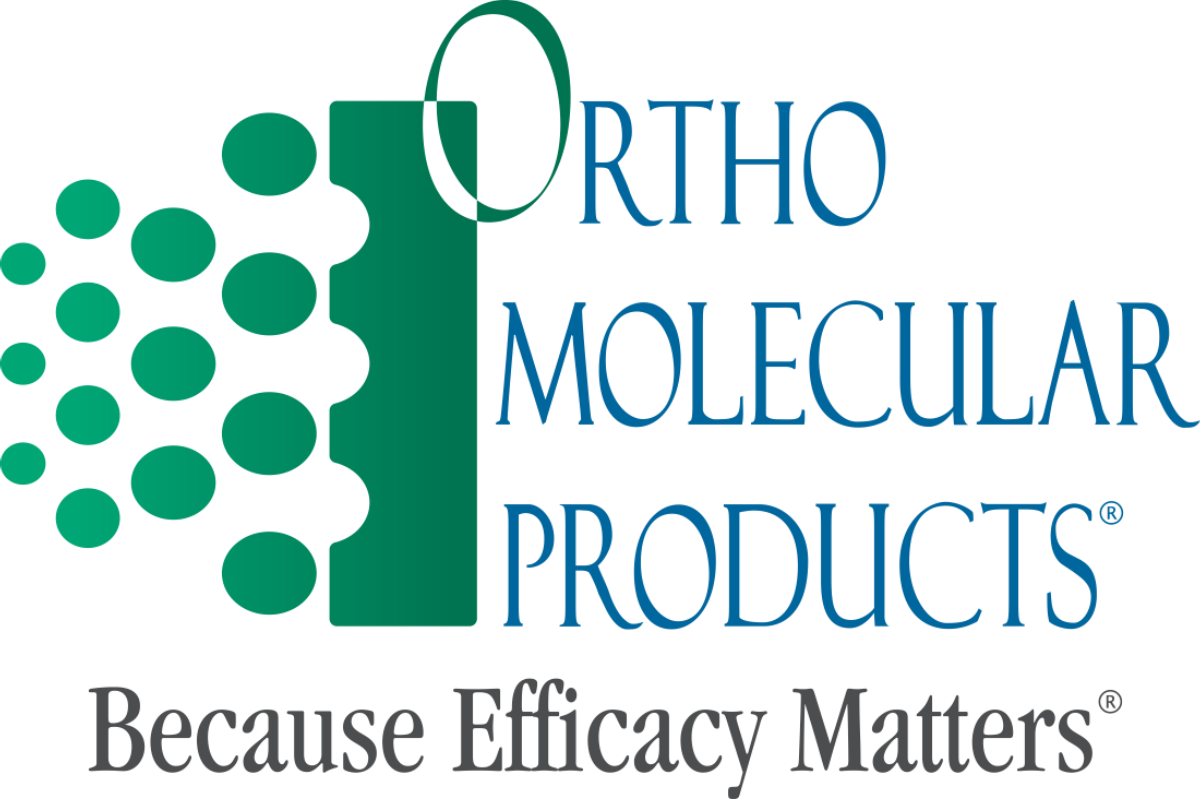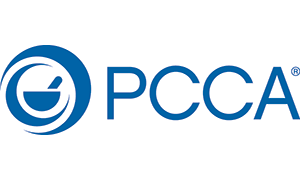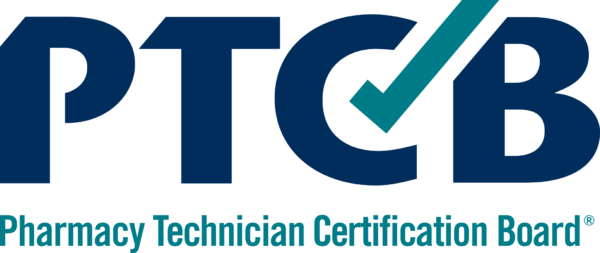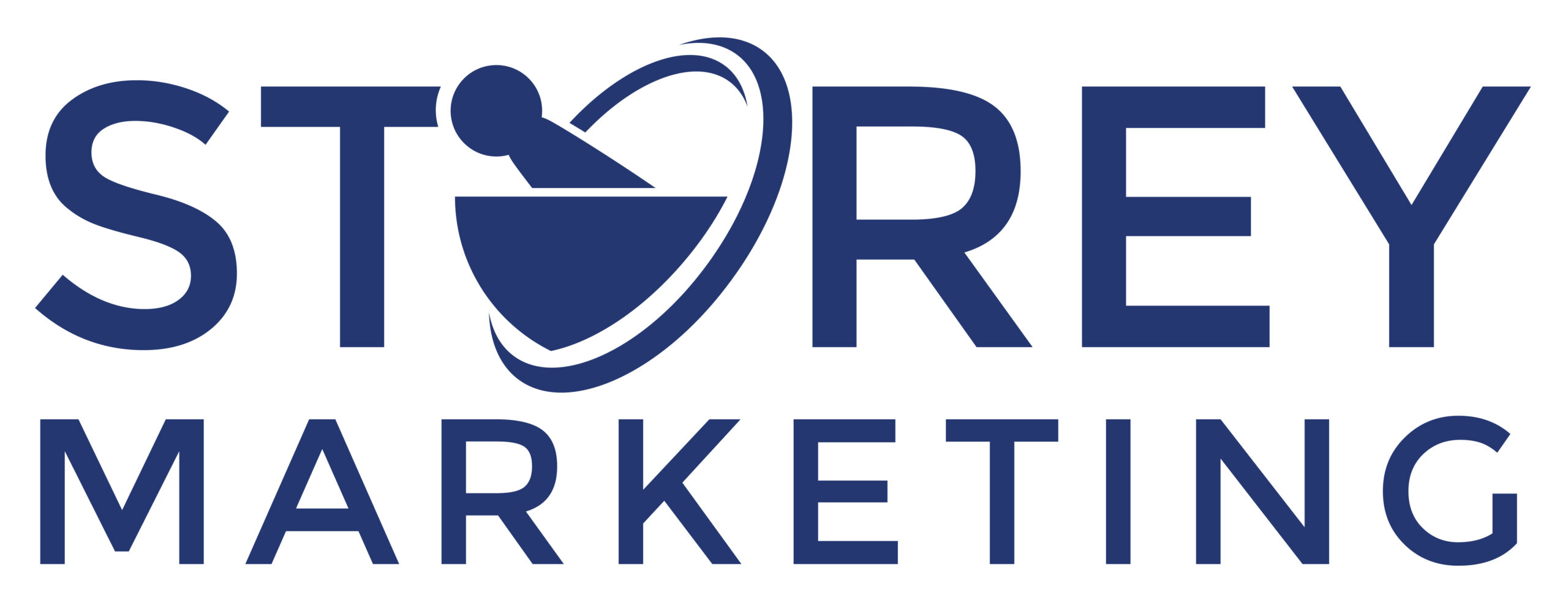WEBINAR: Conquer Your Personal Coliseum by Developing Your Inner Gladiator
In celebration of American Pharmacists Month, ACA is offering this webinar free of charge for ACA and ACVP members. A limited number of complimentary registrations are available for non-members; additional registrations are available for $10.
Date and Time of Activity
Wednesday, October 23, 2024
1:30 pm EDT/ 12:30 pm CDT/ 11:30 am MDT/ 10:30 am PDT
At the completion of this activity, the participant will be able to:
- Recognize opportunities for personal leadership development
- Identify barriers to personal development
- Identify strategies to improve personal development goal success.
- Use key strategies to create a personal development goal as part of a personal development action plan.
Click Here to View Complete Activity Description

This high-energy session will supercharge you to step up as a dynamic leader, an unstoppable team player, and a top-tier patient care champion! Through focused personal development, you’ll gain the tools and mindset to break through barriers, unlock your full potential, and elevate your impact in every aspect of your career. Get ready to ignite your inner drive and lead like never before!
💥 Ready to unleash your inner gladiator? 💪
Save your seat now!
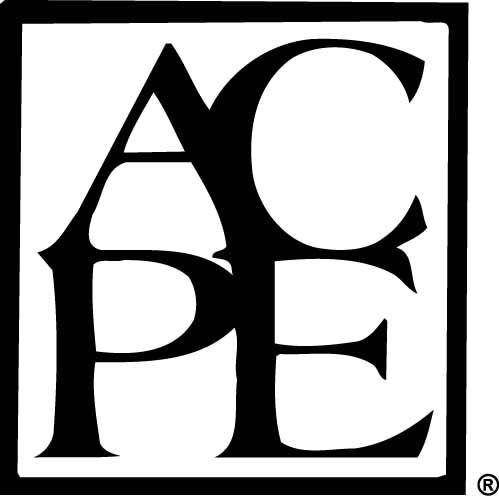
The American College of Apothecaries (ACA) is accredited by the Accreditation Council for Pharmacy Education as a provider of continuing pharmacy education. ACA has accredited this knowledge-based program for 1.0 contact hour (0.1 CEUs) of continuing education credit for pharmacists and pharmacy technicians.
Speaker: Dr. Jay Phipps, PharmD, MBA, FACA, FACVP
Dr. Jay Phipps, the Pharmacy Gladiator, is a Pharmacy Doctor, Entrepreneur, President, and CEO at Phipps Pharmacy. Phipps Pharmacy is an independent pharmacy who provides pharmacy doctor provided patient care including traditional dispensing, compounding services, long-term care pharmacy services, and tailor-made prescription compounding to patients in middle and west Tennessee. Dr. Jay is also the President and CEO of PhippsCare that focuses on Pharmacy Doctor provided healthcare and Health Insurance Solutions which specializes in medical and pharmacy insurance plans for seniors.
Dr. Jay received a Doctor of Pharmacy degree from The University of Tennessee Health Science Center where he also completed a residency in Drug Information and Pharmacotherapy. He also received an MBA in Strategy and Leadership from Indiana University – Kelley School of Business. Dr. Jay claimed the #2 spot in the 2023 Top 50 Most Influential Leaders in Pharmacy and has also been recognized by Union University as the Preceptor of the Year. Phipps Pharmacy was the recipient of the 2024 Good Neighbor Pharmacy Advocacy Champion and was recognized as the 2022 NCPA Innovation Center Excellence Award for Best Community Engagement.
